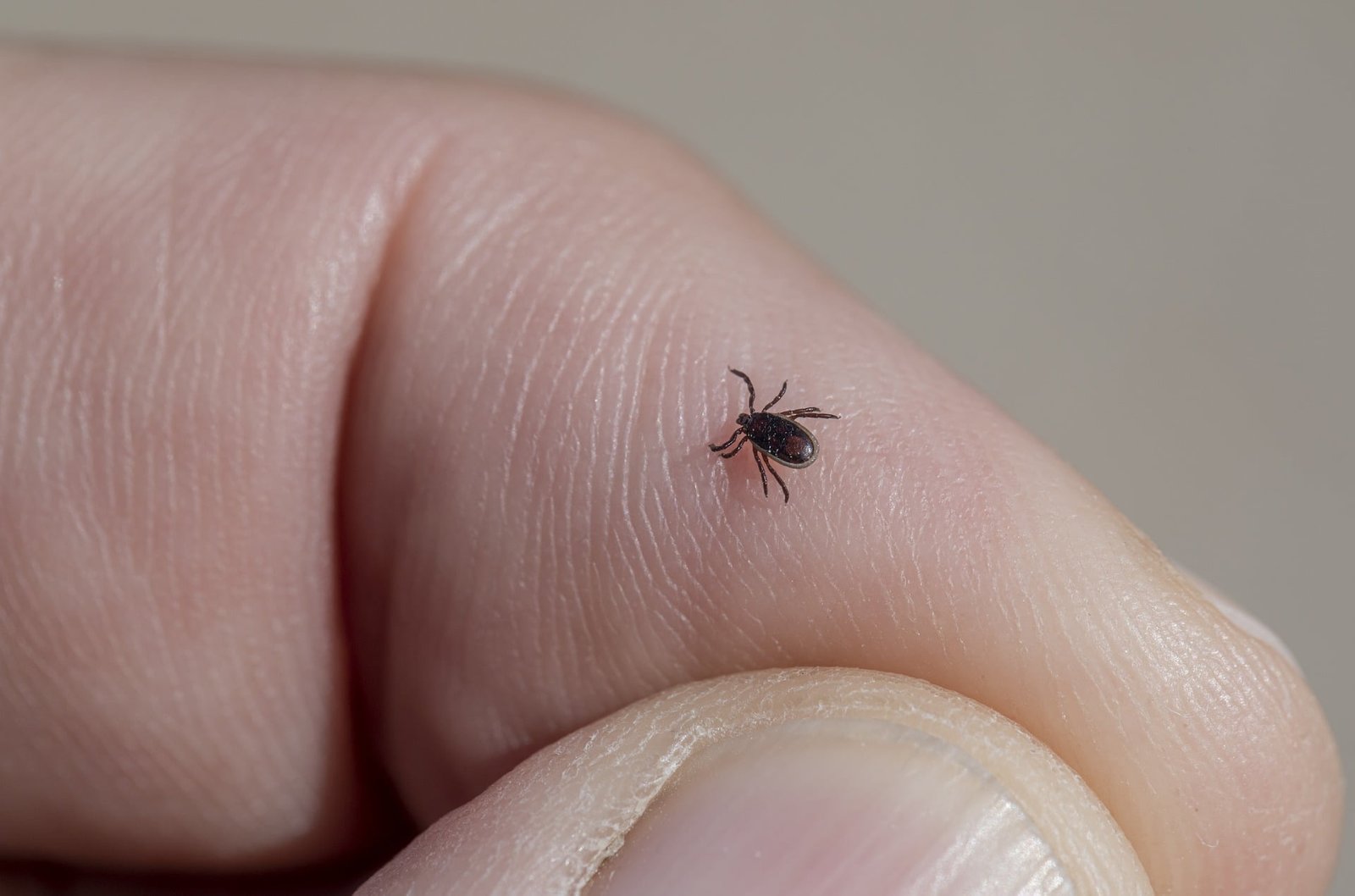Help, it’s spring 2023 and the ticks are coming.
Ticks, along with fleas, are among the worst pests for our cats. This spring, however, seems to be particularly bad. It’s likely due to the short and relatively mild winter of 2022/23. In any case, our old cat Emil regularly brings one or more of these little bloodsuckers with him.

We immediately gave him a dose of Frontline. Unfortunately, it didn’t protect him as well as in previous years. He still brings ticks regularly, either crawling on him or already attached. We’ll give him another dose in the next few days and hope that it improves.
What else can be done against these parasites?
From our experience, regularly checking for ticks is the most effective method of dealing with these pests. Aside from that, we regularly administer Frontline, although we’ve noticed that it’s more effective against fleas than ticks.
Proper tick removal
If the cat has indeed caught one of these bloodsuckers, it’s important to remove it quickly and completely. If parts of the tick’s head remain in the skin, it can lead to serious complications that need to be treated by a veterinarian.
The best way to remove a tick is with a special tick removal tool*, which can be operated with one hand. With this tool, it’s possible to grasp the parasite in such a way that it can be completely pulled out with one motion. After removing a tick, the bite site should be disinfected to prevent infection.
Do ticks eventually disappear?
At the latest, when temperatures rise in summer, the phenomenon subsides, and ticks become less common. However, fleas tend to reappear more frequently, but they can be kept under control with regular administration of Frontline. It’s still important to comb the cat regularly with a flea comb to determine if any fleas have settled.
Why is a flea infestation not just annoying but also dangerous?
Fleas can transmit a variety of diseases to cats, including bartonellosis, tapeworms, and typhus. These diseases can be very serious for cats, especially if they go unnoticed and therefore untreated. The most common symptoms include fever, loss of appetite, vomiting, and anemia. Flea bites can even cause anemia in kittens and young cats due to blood loss.

Therefore, it’s important to treat the cat regularly with a flea protection program like Frontline. Regular veterinary visits also help in detecting diseases transmitted by fleas in a timely manner.
Conclusion
With fleas and ticks, only consistent prevention helps. Depending on the weather, they can be present throughout the year. We’ve even found ticks on our Emil during the winter. In our experience, Frontline is the best against fleas. However, when it comes to ticks, Frontline only seems to provide limited help. The only thing that really helps here is regular checking and removing of the parasites after the cat has been outdoors.